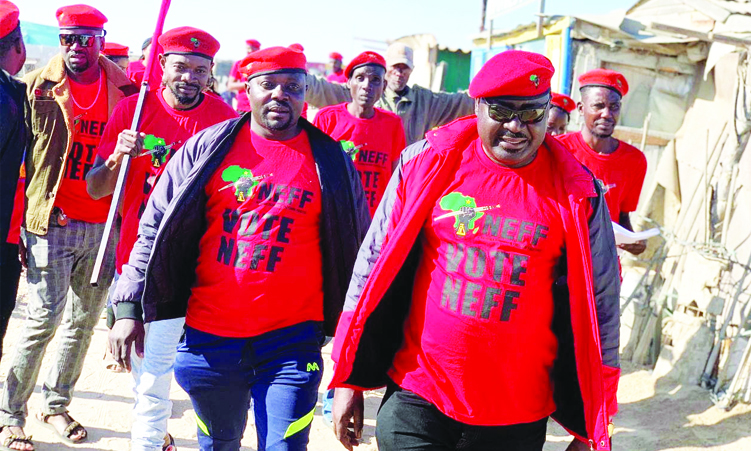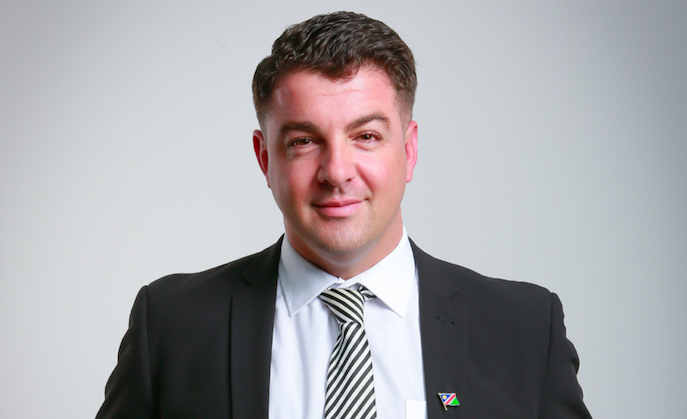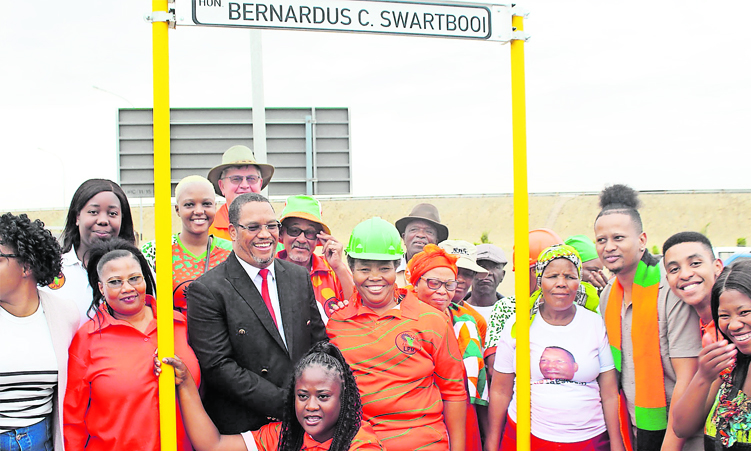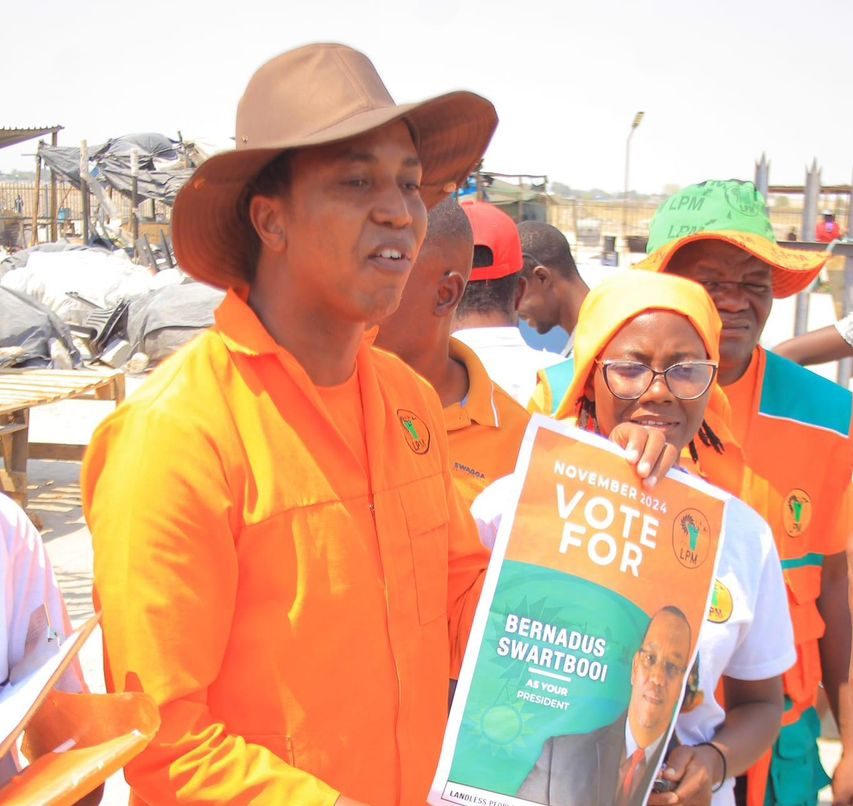Political analysts have raised concerns over political parties which have not released their manifestos yet.
This year’s presidential and National Assembly elections will take place in little over a month.
The Affirmative Repositioning (AR), Namibia Economic Freedom Fighters (NEFF), and the Action Democratic Movement (ADM), among others, have shared updates on their manifesto development.
Political analyst Ndumba Kamwanyah says delays in launching a manifesto could make a party seem disorganised.
“This may harm voter trust, especially if they expect clarity on key issues,” he says.
“Releasing manifestos early allows parties to communicate their plans to voters well ahead of the election,” Kamwanyah says.
‘NON-READING CULTURE’
Despite this, he says manifestos have limited influence in Namibia due to a general non-reading culture.
“Most voters rely on party loyalty, social media, or what they hear at rallies. However, young, urban voters and educated people are more likely to be swayed by policy details in manifestos.”
Political analyst Johan Coetzee says the delay in releasing the manifestos could suggest a lack of preparation and urgency.
“It raises questions about their seriousness about and readiness for the upcoming elections,” he says.
Coetzee says manifestos reflect parties’ vision and commitment to addressing key issues.
“Having a clear manifesto is crucial to showing they . . . have a long-term plan for governance. A delayed manifesto may signal a party’s lack of direction or seriousness in delivering on promises to voters,” he says.
He says manifestos’ practicality is of serious concern.
“Especially when looking at promises like the ruling party’s pledge to create 250 000 jobs, with little explanation of how that would be achieved.”
Coetzee says it would be interesting to explore how much influence manifestos have on voters.
‘DON’T PANIC’
Meanwhile, policy analyst Lazarus Kwedhi says there is no need for the public to panic about the timing of manifesto launches.
“We don’t need to demand the release of a manifesto, because each political party has a moral obligation to release its manifesto, regardless, before elections,” he says.

AR spokesperson George Kambala says the party will release its manifesto soon.
“We are self-directed. We have proven our capabilities over the years by directing government initiatives outside the elections,” he says.
Kambala says the party’s manifesto prioritises land and housing issues.
“Our manifesto also looks at the creative industry to try and monetise it to benefit our people,” he says.
Kambala says the party will reform youth development to make sure young people are at the centre of every development in the country.
NEFF deputy leader Longinus Iipumbu says his party will release its manifesto on 3 November.
“The situation of the deregistration in June by the Electoral Commission of Namibia has delayed the release of our manifesto,” he says.
“Our manifesto will be different.
We will focus on policies and see how we can align existing ones with the challenges the electorate is faced with,” he says.
Iipumbu says other political parties have been promising “unattainable things”.
ADM spokesperson Matheus Paulus says his party will release its manifesto in the next two days.
“We first had to compile the list of names of candidates we are sending to parliament, which caused a bit of a delay. But we believe we still have enough time to engage our voters.”
Stay informed with The Namibian – your source for credible journalism. Get in-depth reporting and opinions for
only N$85 a month. Invest in journalism, invest in democracy –
Subscribe Now!






